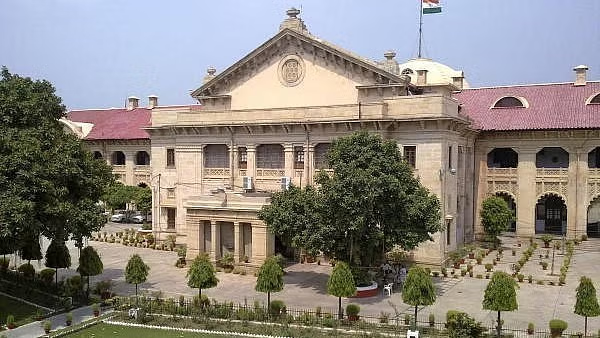
The Allahabad High Court has made a significant clarification regarding the legal distinction between being a customer of a prostitute and engaging in human trafficking. The court’s ruling emphasizes that the act of paying for sexual services does not, in itself, equate to the crime of human trafficking.
The court’s observation came during a hearing related to a case involving allegations of human trafficking. The bench clarified that while prostitution itself may be subject to legal regulations, the act of a person paying for sexual services does not automatically fall under the definition of human trafficking.
The court stressed that human trafficking involves the exploitation of individuals through force, fraud, or coercion, with the intent of commercial sexual exploitation or other forms of forced labor. It involves the recruitment, harboring, transportation, or receipt of persons by such means.
“There is a clear distinction between being a customer of a prostitute and engaging in human trafficking,” the court stated. “The act of paying for sexual services, without evidence of coercion or exploitation, does not automatically constitute human trafficking.”
This ruling is significant as it provides clarity on a legal distinction that is often blurred. The court’s clarification is expected to have implications for law enforcement and judicial proceedings related to cases involving prostitution and human trafficking.
Legal experts have noted that this ruling underscores the importance of focusing on the elements of force, fraud, or coercion when investigating and prosecuting human trafficking cases. It highlights the need to differentiate between consensual acts of prostitution and the grave crime of human trafficking, which involves the violation of fundamental human rights.
The ruling has sparked discussions among legal scholars and activists regarding the complexities of addressing prostitution and human trafficking within the legal framework. The clarification provided by the Allahabad High Court is expected to contribute to a more nuanced understanding of these issues.


